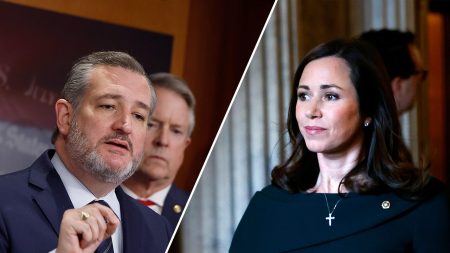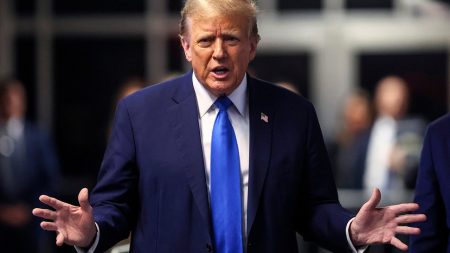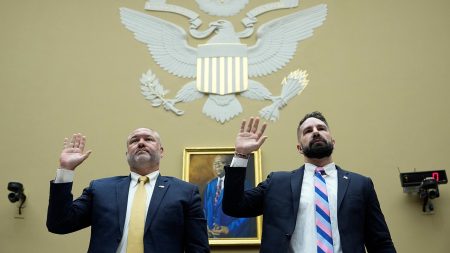Former President Donald Trump is looking to undo President Joe Biden’s climate policy, with reports indicating that he asked oil executives to raise $1 billion for his campaign to counter Biden’s efforts towards clean energy and electric vehicles. Despite Trump’s denial of climate change as a “hoax,” evidence such as rising ocean temperatures and mass fish deaths in Vietnam prove otherwise. Trump’s plans for a second term include supporting fossil fuels and oil drilling, reversing Biden’s actions to reduce planet-warming pollution, and enacting stronger regulations.
Although the US remains the world’s top oil producer under Biden, climate activists have mixed views on his administration. While Biden has implemented ambitious climate legislation, finalized regulations on pollution, and created an American Climate Corps, he has also approved controversial projects like the Willow oil drilling project in Alaska. Youth climate groups are calling for Biden to halt fossil fuel drilling, but with the US oil and gas production booming, it remains unlikely. The Inflation Reduction Act has seen success in investing in clean energy and climate policy, with significant funding going towards manufacturing in red states and swing states.
The shift towards electric vehicles (EVs) is crucial in addressing climate change, as transportation emissions are a major contributor to greenhouse gas pollution. EVs are cleaner than gas-powered vehicles, especially when charged with clean energy sources. While blue states like California and Washington have taken the lead on climate-focused energy policy, it is essential for the federal government to act swiftly in combatting climate change. Despite state-level efforts, federal legislature is crucial in passing major climate legislation, with discussions of a carbon tax or carbon tariff on polluting products being considered in Congress.
With the expiration of the Trump tax cuts in 2025, Congress will need to address tax policy, potentially paving the way for climate-related legislation such as a carbon tax. The direction of national energy policy will heavily depend on which party is in power and the actions taken by the White House. As time runs short in addressing global warming, it is imperative for lawmakers to prioritize climate action and work towards sustainable solutions at both the state and federal levels.














